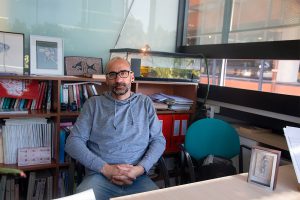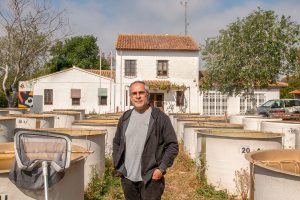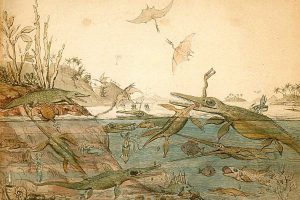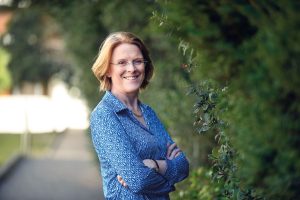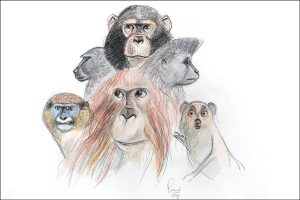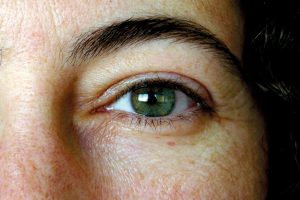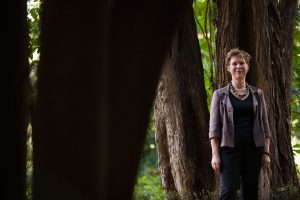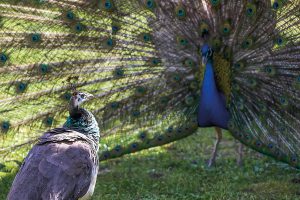Search
In this new Science Space, we visit the Cavanilles Institute of Biodiversity and Evolutionary Biology, where Pau Carazo studies the evolution of behaviour and sexual selection.
Francesc Mesquita works at the Cavanilles Institute of Biodiversity and Evolutionary Biology, where he carries out research on aquatic invertebrates as indicators of water quality and evolutionary aspects.
Mariño reflects on how we remember Jean-Baptiste Lamarck, who died poor, blind and forgotten, and has been reduced to a giraffe story that is compulsively repeated every time someone tries to explain his ideas.
Christianity has produced stories that have served as a reference point for scientific research for centuries. Two of these examples are analysed here, the story of Creation and the story of Noah's Ark.
Loeske Kruuk's studies have promoted the analysis of quantitative genetics in natural populations and its use to test the foundations of evolutionary theory.
The order Primates includes more than three hundred species, among which are us, human beings. Perhaps that is why we are so fascinated by their study.
Eye contact can be used to establish and strengthen emotional bonds, but depending on the socio-cultural context, looking directly into another person's eyes can be very intimidating.
Humans are born rather undeveloped, compared to other species, which favours a better understanding of language and behaviour in society.
On Darwin Day, we look at some aspects of the biography of the English naturalist with historian of science Janet Browne.
Every species' mate choice is determined by what individuals consider beautiful. Beauty has a biological meaning shared by many species.

